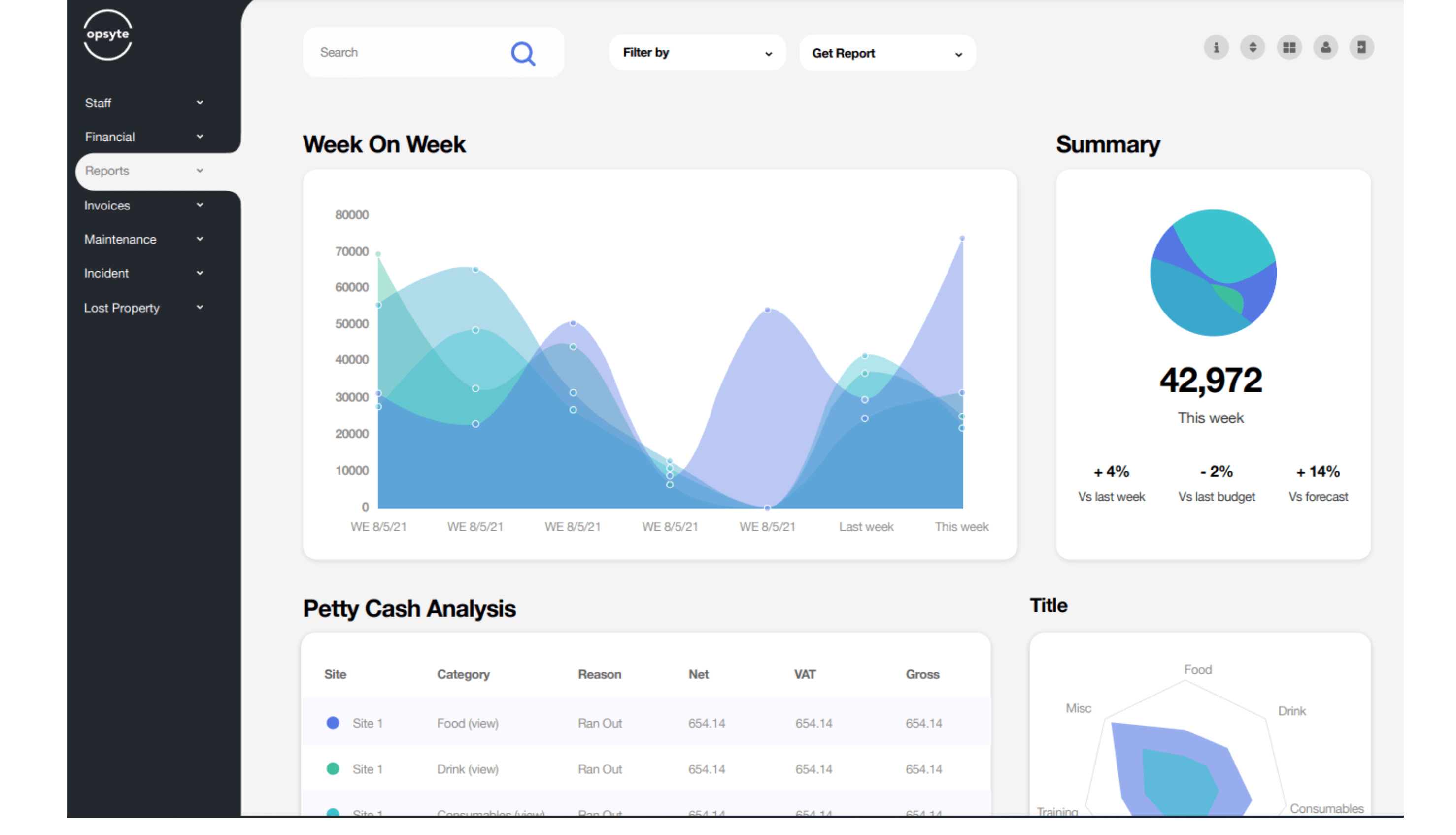The hospitality industry, a sector known for its adaptability and resilience, has faced unprecedented challenges in recent years. The COVID-19 pandemic brought about lockdowns, travel restrictions, and changes in consumer behaviour that severely impacted hotels, restaurants, and tourism-related businesses. However, as the world gradually emerged from the crisis, the industry redefining itself and is now finding innovative ways to adapt to the "new normal."
In this article, we will explore the challenges faced by the hospitality industry and discuss strategies businesses can implement to navigate these turbulent times successfully.
What Challenges are Faced by the Hospitality Industry?
Health and Safety Concerns
The pandemic heightened the importance of health and safety measures. Customers now expect businesses to provide a clean and safe environment. Implementing strict hygiene protocols and gaining trust are paramount.
Labour Shortages
The industry is grappling with labour shortages due to various factors, including reduced immigration, employee burnout, and challenges in finding suitable staff. Taking into account that labour costs have also been steadily rising alongside an increased staff turnover rate.
Revenue Volatility
The hospitality industry often experiences fluctuations in revenue due to seasonal variations, market competition, and economic uncertainties. These fluctuations have been exacerbated by the recent global economic instability. Paired with The industry's naturally higher fixed costs, including rent, utilities, and labour, make it vulnerable during periods of low occupancy and reduced customer traffic.
Changing Consumer Behaviour
Consumers are now more cautious with their spending, opting for experiences that offer value for money and are flexible to changing circumstances. With uncertain markets, come uncertain purchasing patterns which can lead to a more sporadic cash-flow as the markets change with the national feeling.
Debt Obligations
Many businesses in the hospitality sector have significant debt obligations, and servicing these debts during financial downturns can be a daunting challenge. Navigating this requires careful financial management, adaptability, and a proactive approach to risk mitigation.
High Fixed Costs
The industry's fixed costs, including rent, utilities, and labour, make it vulnerable during periods of low occupancy and reduced customer traffic. High fixed costs can eat into profit margins. When the industry's revenue drops, these fixed costs continue to accrue. As a result, the profit margins of businesses can shrink dramatically, making it difficult to cover other variable expenses. Having high fixed costs can have a knock-on effect for other elements of your business including reduced flexibility, pressure on pricing, and longer recovery times during difficult periods.
Navigating the Challenging Times Ahead
The hospitality industry is currently facing significant financial challenges. While the COVID-19 pandemic was a major disruptor, the industry's financial woes extend beyond it. So, what can businesses in the hospitality industry do to help reduce the impact of the financial difficulties plaguing the sector, and what strategies can businesses employ to successfully navigate these turbulent times?
Diversify Revenue Streams
Explore new revenue streams that are not solely reliant on bookings and in-person dining. Options like takeout and delivery services, online and/or on site cooking classes, or creating branded merchandise can help generate income during challenging times.
Monitor Trends and Adapt
Stay informed about industry trends and adapt to changing circumstances. Be ready to pivot and adjust your strategies as necessary to remain competitive and responsive to customer needs. Businesses need to think ahead, monitoring the commercial landscape for signs of trouble that could effect the way they operate. Things such as economic shifts, technological advancements and changes in customer preferences are a good opportunity to install change in your organisation. Remember, in business change is a good thing.
Financial Planning and Resilience
Establish a robust financial plan that accounts for potential disruptions. Having cash reserves, access to credit, and a clear understanding of your financial health will be critical during uncertain times. Maintain a strong focus on cash flow management by developing cash reserves and optimizing working capital.
Leverage Technology
Embrace technology to streamline operations and enhance the guest experience. Invest in a powerful tech-stack that leverages integrations to streamline your operations and increase efficiency. Something as simple as a software solution that reduces the time it takes to process your invoices, or provides detailed reporting that allows you to make quick decisions with actionable data could give you the competitive edge.
Effective Workforce Management
Optimize your workforce by cross-training employees, implementing efficient scheduling, and offering competitive benefits to attract and retain talent. Allowing employees to train in multiple disciplines often creates a sense of fulfilment in the workplace which in turn can lead to reduced labour turnover figures. It can also be beneficial to implement software solutions that help you create schedules that take labour cost and sales into account. Properly accounted schedules are one of the most useful tools for saving money in the long term.
Marketing and Branding
Invest in marketing strategies that resonate with the current consumer sentiment. Highlight your unique selling points such as flexible booking policies, and unique experiences that attract guests. Hospitality is a fairly flooded market, with new businesses popping up almost daily. Competition is fierce so there is a need to show your target audience what sets you apart from the crowd.
In Conclusion
The hospitality industry has consistently proven its resilience in the face of unprecedented challenges. To navigate the challenging times ahead, businesses need to prioritize health and safety, embrace technology, diversify their revenue streams, invest in employees, engage with local communities, and adapt to the changing landscape. The financial challenges in the hospitality industry are complex and multifaceted, extending beyond the impact of a single event. A resilient and adaptable approach will not only help businesses weather the financial storm but also position them for long-term success.
While the path forward may be challenging, the hospitality industry has the potential to emerge stronger, more adaptable, and better equipped to cater to the evolving needs of consumers in a constantly changing world.


